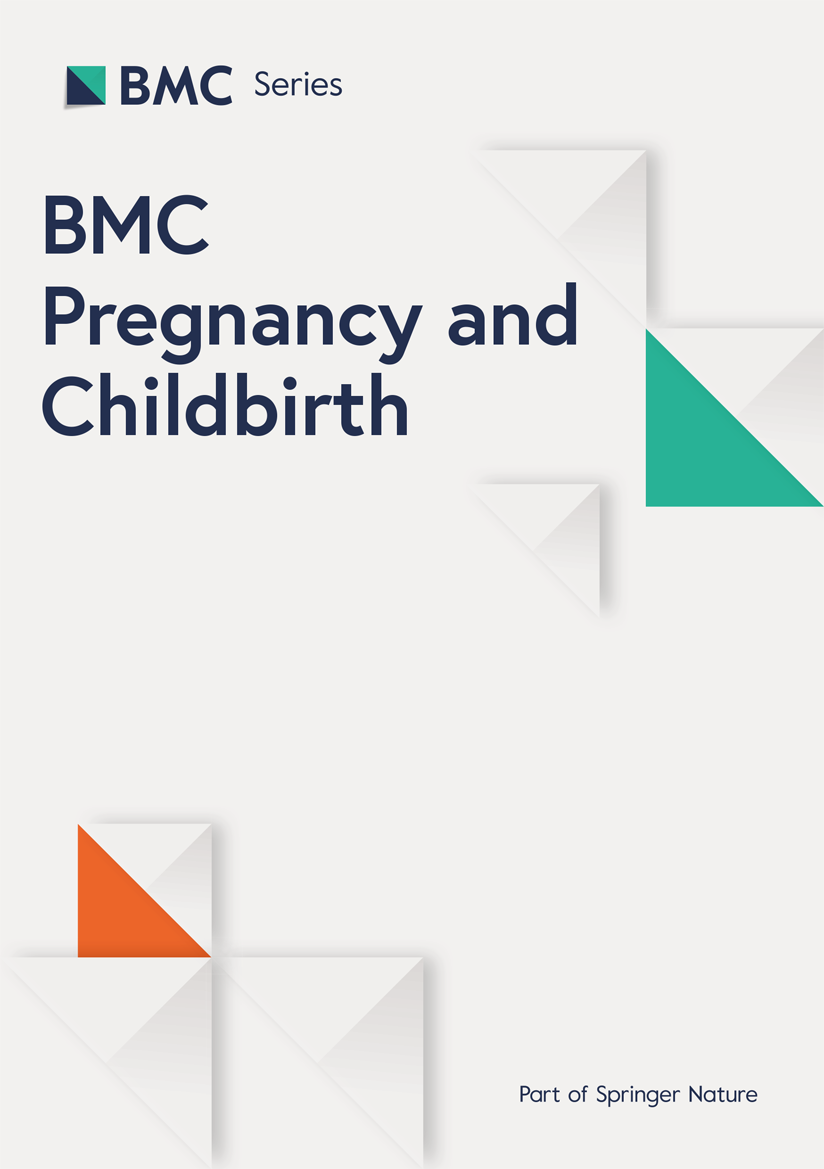Postpartum depression (PPD) affects approximately 12.6% of mothers in Palestine, a figure that aligns with higher rates observed in low- and middle-income countries. To understand the perceptions and behaviors surrounding PPD among Palestinian mothers, a qualitative study was conducted involving 17 mothers from various regions in the Bethlehem governorate.
The research, published in BMC Pregnancy and Childbirth, employed a phenomenological approach through focus group discussions (FGDs). The findings highlight a significant misunderstanding of PPD among participants; not all mothers recognized PPD as a mental health disorder. Some attributed their symptoms to envy or other external factors. The lack of practical and emotional support from family and partners, along with traumatic childbirth experiences, emerged as primary risk factors.
When seeking help, all mothers initially turned to family members, viewing this as the primary source of support. However, cultural norms often dictated that extended family members influenced decisions regarding assistance, which can hinder professional help-seeking. Many mothers expressed reluctance to pursue professional treatment due to fear of stigma and negative perceptions associated with mental illness. Some reported feeling too shy to discuss their struggles or believed that their condition would be trivialized by family members.
The study found that when mothers did seek help, they preferred informal support such as venting sessions with friends or family rather than professional therapy. There was a notable resistance towards psychotropic medications, which many viewed as unnecessary. This attitude reflects a broader skepticism toward psychological treatment in the region, where mental health disorders like PPD are often underestimated.
To address the barriers identified, the study recommends several strategies. Regular screenings for PPD in healthcare settings, a culturally appropriate referral system, and efforts to combat societal stigma surrounding mental health are essential steps. By fostering a better understanding of PPD and increasing awareness among families, the likelihood of mothers seeking necessary help may improve.
The research underscores the need for a tailored approach to maternal mental health in Palestine, recognizing the unique cultural and social contexts that influence perceptions and behaviors related to PPD. This study contributes to a growing body of knowledge aimed at improving mental health services for mothers and their families in the region.



